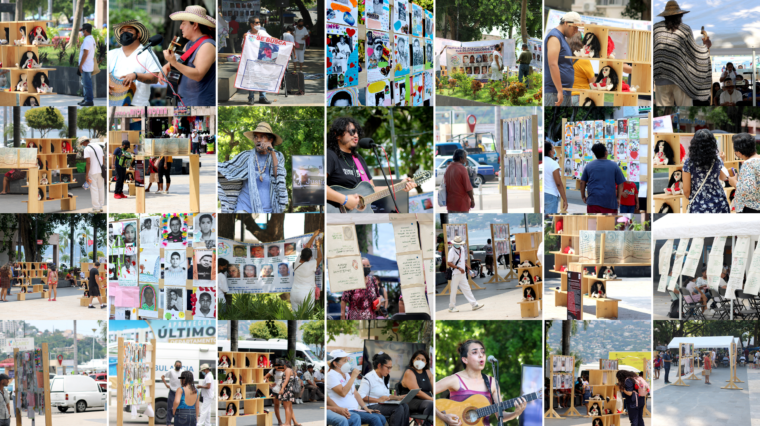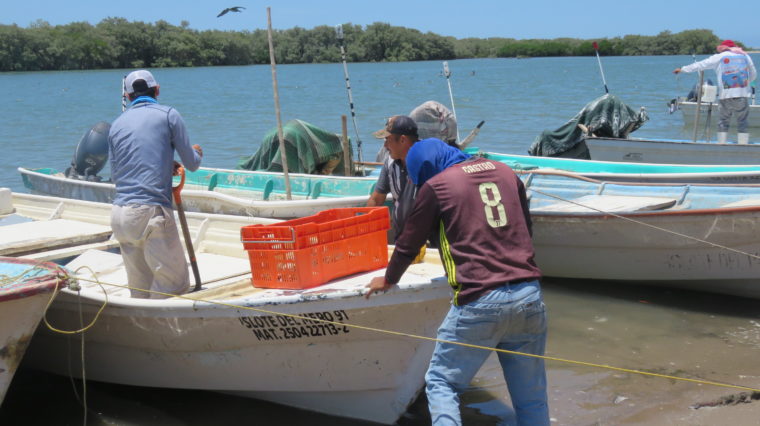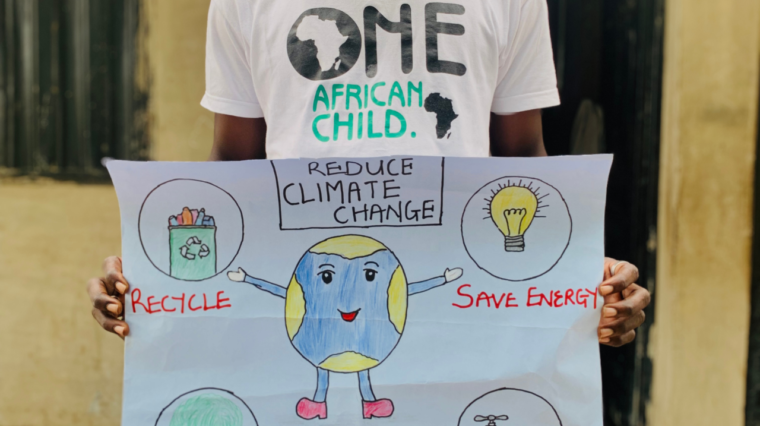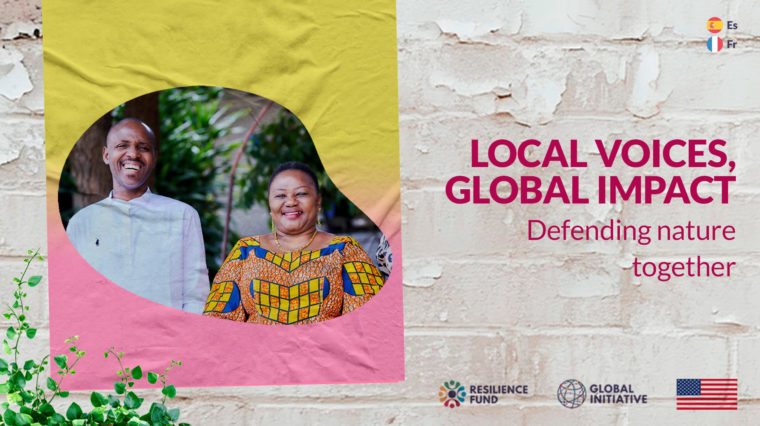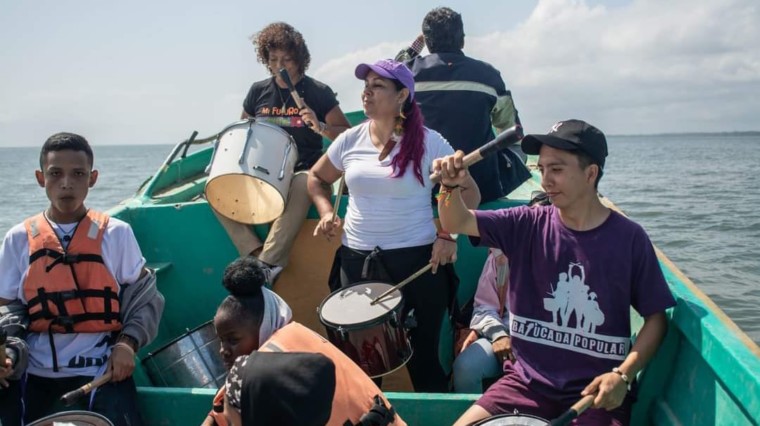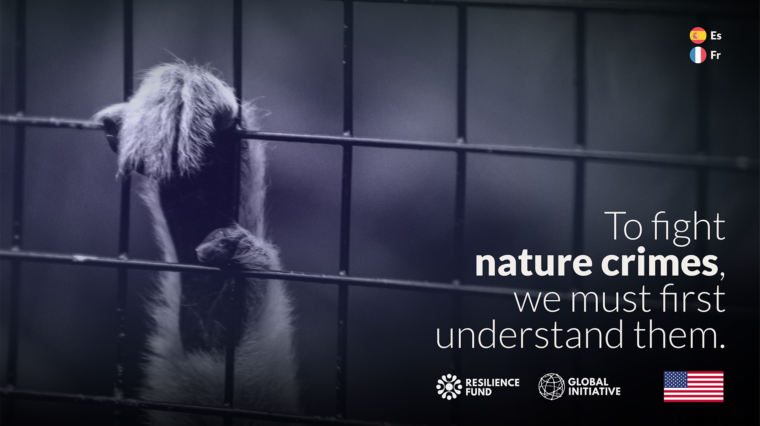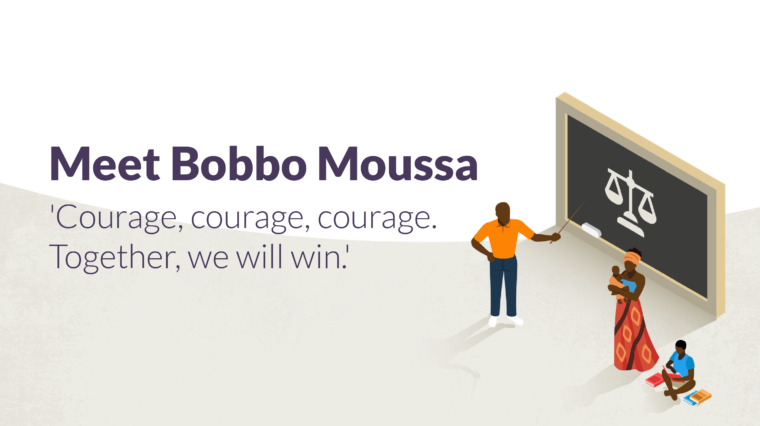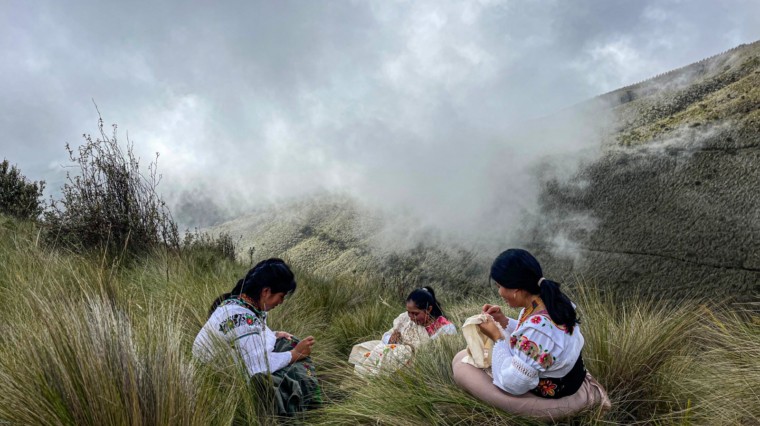Challenges and opportunities to build resilience against organized crime during the pandemic
Published on June 30, 2020
Criminal organizations have been using the COVID-19 crisis to strengthen their legitimacy in local communities. According to several news reports, criminal organizations in Latin America have not only been distributing food packages to people in need, but are also enforcing social confinement.
To explore this trend, the Global Initiative Against Transnational Organized Crime (GI-TOC), through the Resilience Fund, partnered with Libera, an NGO based in Italy, to organize a webinar with activists from Mexico, Guatemala, Brazil and Colombia.
Criminal organizations have long since exploited humanitarian emergencies. ‘We know that organized-crime groups are ready to fill the voids left by governments, not only in the form of aid, but also through more refined and sophisticated strategies,’ said Siria Gastelum, Resilience Fund Director at the GI-TOC.
Silber Meza, Director of Iniciativa Sinaloa, highlighted how drug-trafficking organizations and failed security policies have engendered intense violence in Sinaloa, Mexico over the years. According to Meza, the rise of unemployment during the pandemic has attracted many people to criminal organizations. In the webinar, Meza – a beneficiary of the Resilience Fund – discussed how his projects utilize networks of artists, journalists and mothers of missing people to counter the so-called ‘narco culture’ of crime and violence in Sinaloa.
Iduvina Hernandez from Seguridad en Democracia in Guatemala described how the complex criminal landscape in that country involves corrupt political actors and private businesses. She explained how local municipalities and neighbouring communities responded to the absence of a strong governmental response to the pandemic. ‘This physical distancing is a call to activate social networks and solidarity,’ Hernandez urged participants. She highlighted the impact of the America Latina Alternativa Social (ALAS) network, which is facilitated by Libera in Latin America and which consists of 60 organizations in 12 countries.
In Brazil, Alfredo Dorea from the Instituição Beneficente Conceição Macedo (IBCM) in Salvador da Bahia, Brazil, said that he also relied on larger networks and partnering with other civil-society organizations to continue his work amid the pandemic. Dorea also highlighted the plight of the homeless, sex workers and children, who are particularly threatened by violent gangs in Brazil. He further denounced the weak responses of religious and governmental authorities, particularly with regard to sanitary measures.
The webinar concluded with Isabel Zuleta, a 2020 Resilience Fund fellow and spokesperson for Movimiento Rios Vivos. Zuleta’s organization opposes Colombia’s largest hydroelectric project, Hidroituango, which has been linked to environmental controversy and alleged human-rights violations. In her discussion, Zuleta spoke about the consequences of privatizing public services. Institutions have weakened, she said, opening up numerous opportunities for criminal groups and organized crime. ‘Organized crime is at the service of whoever has money, and it is getting stronger during the pandemic. It is at the service of those who want to kill activists and those who want to protect trafficking routes. It’s also available during elections.’
The webinar concluded with participants reflecting on how communities can protect themselves. They agreed on the importance of strengthening civil-society networks during the pandemic. This, they said, could be achieved by engaging in dialogue, sharing knowledge and offering emotional support. Although they are based all over the world, participants observed that they are connected by the challenges they face with their work.
